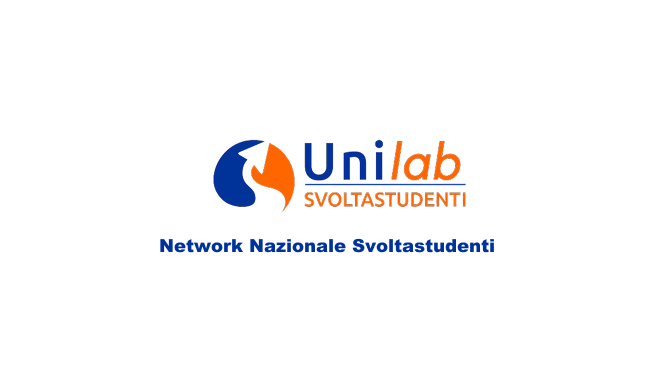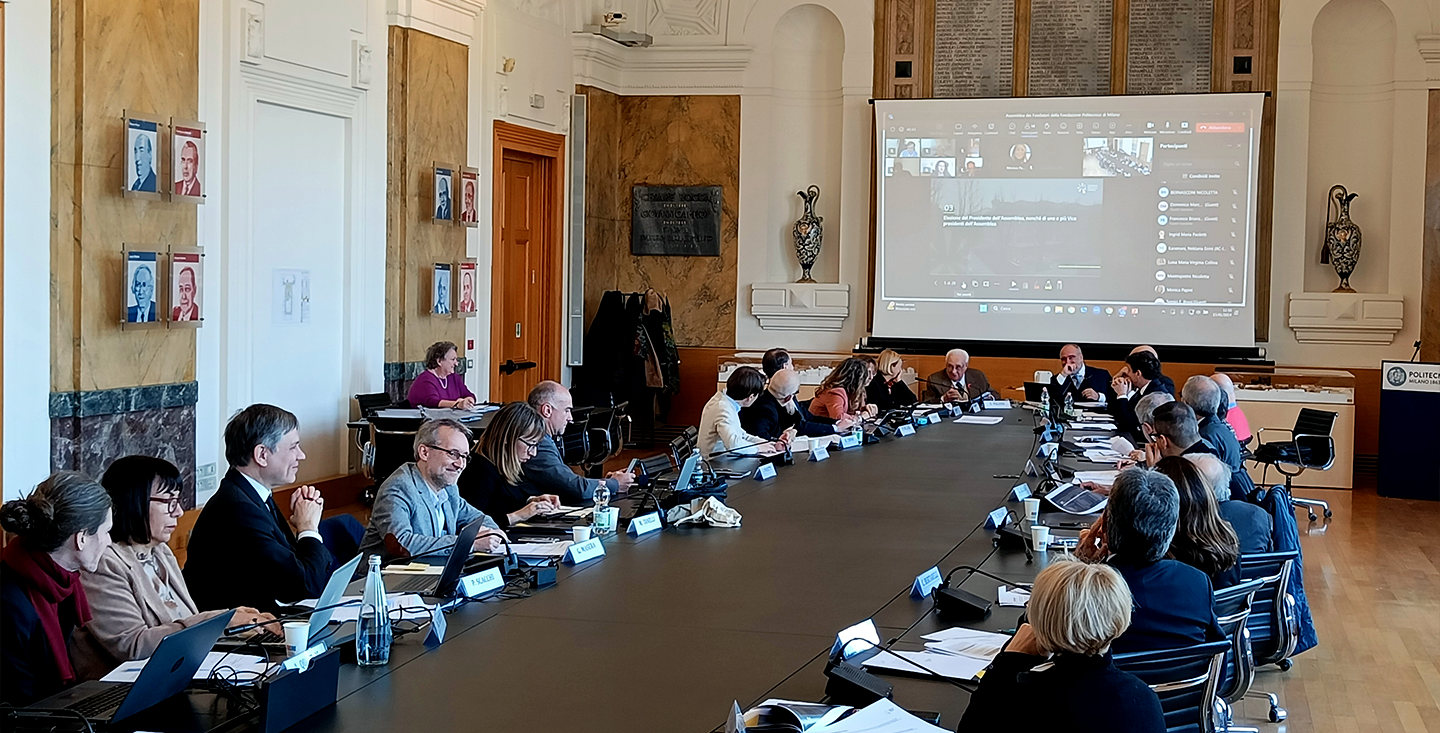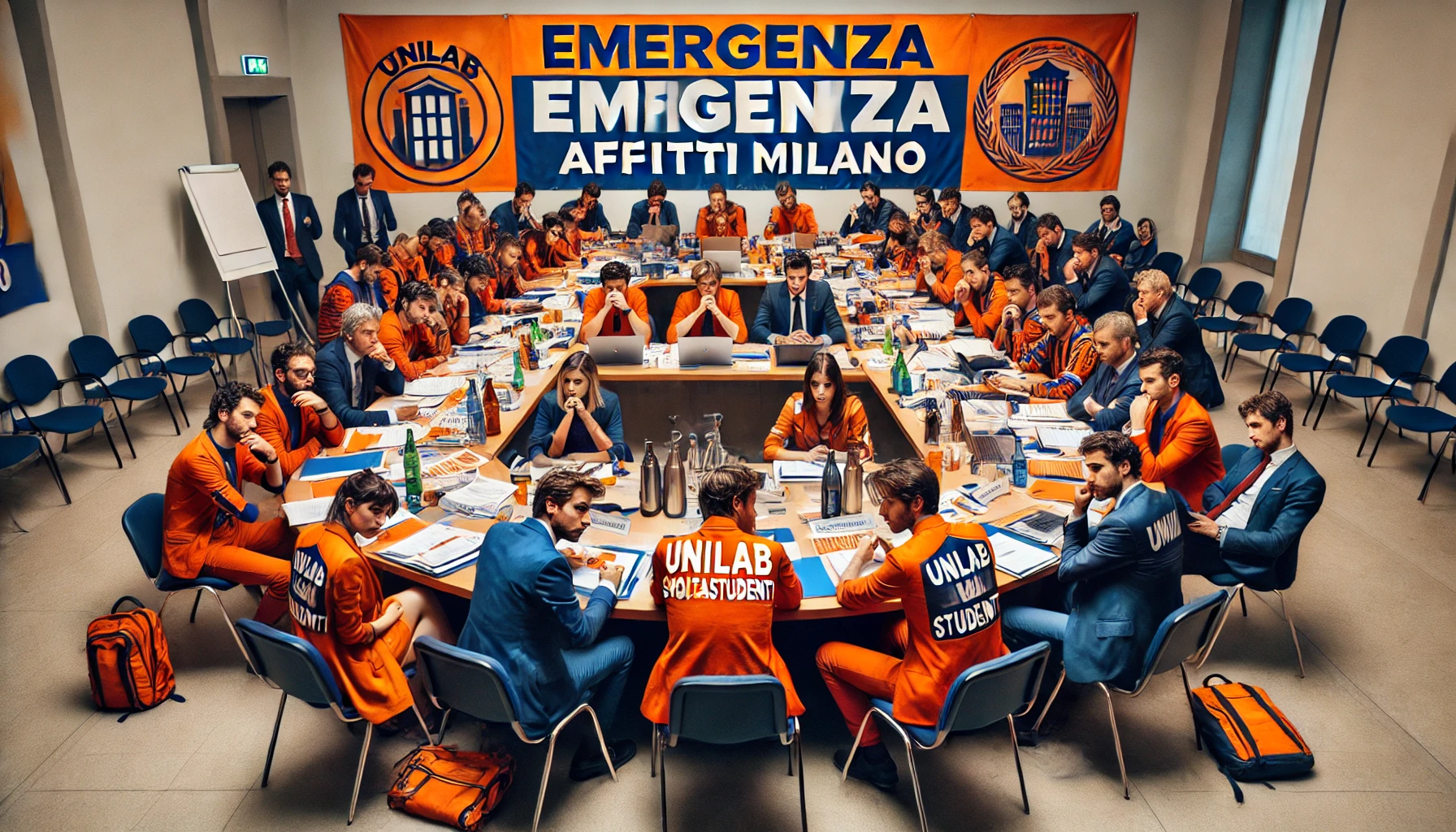Representation
Representation is one of the two souls of Svoltastudenti, together with associationism. The representatives are elected every two years and have an important task in the life of the student and the University. A representative, having extensive knowledge of the dynamics of the university and being in contact with the managers at every level of teaching, administration and organization, is able to give you a hand for the most disparate issues: direct you to those who have to for a problem with the professors, give you information on calls and regulations, can bring forward your causes in case of wrong immediately or your ideas to improve the Polytechnic.
THE CCS
The CCS, the Study Programme Council, is the body that brings together the teachers of the Course and a variable number of student representatives. Within the CCS, the topics strictly related to the methods of teaching and the dynamics of the Course itself are discussed. The presence of a student representation in this body is fundamental, in order to guarantee complete information to students on the reality they live daily and in order to have a direct dialogue with the teachers. Every year, at the end of the first semester, the CCS performs a self-analysis, based on the results and data provided by the individual courses, grades, data of each exam and above all the questionnaires completed by the students before enrolling in them. The conclusions are sent to the Joint Commission for counter-analysis and, if necessary, corrections.
What can CCS representatives help me with?
Indications on exams, advice on how to deal with the course of study, internships and information on your course, help for teachers and problems with exams: to get immediate feedback the student representatives in CCS are your first reference!
THE JOINT COMMITTEE
The joint teacher-student commission is the body that monitors the educational offer and the quality of teaching, with specific attention to the opinions and results of the students. It is composed of five teachers and five students and every year (at the end of the first semester) carries out its own analysis, based on the results and data provided by the individual courses of study, grades and data of each exam but above all the questionnaires completed by the students at each exam registration. The conclusions of the commission are reported to all the coordinators of the courses of study and to the school principal: it is therefore a powerful tool to make students' opinions heard on teaching.
What can the representatives in the Joint Committee help me with?
The Joint Committee works on the basis of questionnaires and reports to representatives: the best way to highlight problems is to respond completely and carefully to the questionnaires related to each course!
THE SCHOOL COUNCIL
The School Board is a body composed of the Principal, the Directors of the Departments connected in the School, the Coordinators of the Study Programmes and an elective Representation of the students. Here are discussed issues of wide interest that concern all the Study Courses and Departments: guidelines on teaching and research, innovative teaching, examination methods, extracurricular projects and much more. In the Council, collective problems are discussed and analyzed, in an active confrontation between teachers and students and new and shared solutions are discussed.
What can the representatives in the School help me with?
The school representatives are in constant contact with the CCS, coming to their aid if problems of difficult management emerge, common to several courses of study or concerning long-term improvements in teaching. In consultation with the representatives of the CCS they report overlaps in the times and in the exam sessions. The representatives of the School Council are also in contact with the members of the Academic Senate and the Board of Directors to work together on the University's initiatives.
THE ACADEMIC SENATE
The Academic Senate is the body that directs and plans the development of the University, with particular regard to teaching and research, also supervising the overall functioning of the institution. The Senate is composed of the Rector, the department directors, the elected representatives of the teaching staff, the elected representatives of the technical-administrative staff and an elective representation of the students.
What can the representatives in the Senate help me with?
The members of the Senate have a 360-degree view of the University: they also compare themselves with their colleagues in the Schools through a body called the Student Council. They can then take students' demands to the highest levels of decision-making.
THE BOARD OF DIRECTORS
The Board of Directors is one of the two Central Bodies of the Politecnico di Milano; in this case, operating in line with the programmatic choices and the criteria for the use of resources established by the Academic Senate, it has regulatory functions, guidance and control of the administrative, economic and long-term patrimonial planning of the University. Of the 11 members with voting rights that compose it, 2 are students: the representation of this category is considered very important by the Polytechnic Administration at every level.
What can the representatives on the Board of Directors help me with?
There are many areas discussed in this body that are reflected daily in the many opportunities made available to students: scholarships for DSU, theses abroad, Erasmus calls, new infrastructures, external and internal participations, calls for tenders, and many others.




